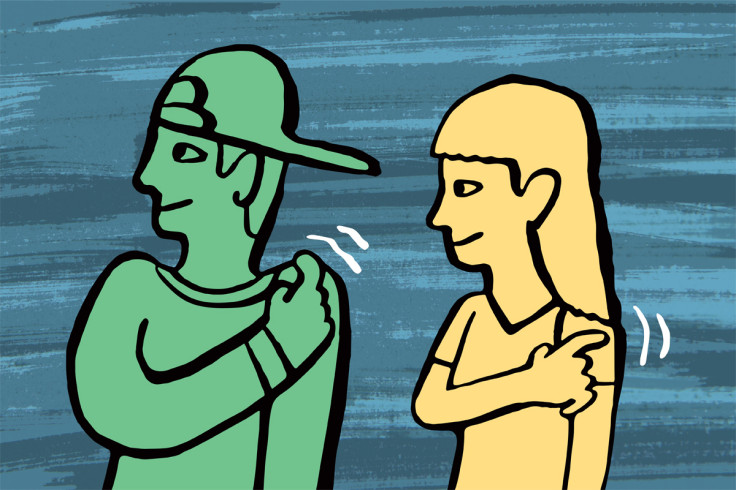Itching is contagious and hardwired into the brain
Mice can catch an itch from a neighbour just by looking.
When you see someone scratching and start to feel an itch yourself, that's contagious itching. It turns out that mice experience contagious itching too, just like humans and other primates.
Contagious itching – like contagious yawning – has been a scientific mystery. Is it caused by making people consciously think that they're itchy when they see a neighbour scratching? Is it to do with empathy? Or is it a subconscious reflex that has nothing to do with conscious thought?
A study in mice has shown that the latter option is the most likely.
"Many people thought it was all in the mind, but our experiments show it is a hardwired behaviour and is not a form of empathy," said Zhou-Feng Chen, director of the Washington University Center for the Study of Itch, and author of the study, published in the journal Science.
Scientists have found that, in mice at least, it seems to be a direct, reflexive reaction. Healthy mice kept in a glass cage next to a mouse with chronic itching start to scratch themselves after taking a look at their more unfortunate neighbour, Chen reports in the paper. Mice caught the itch whether they looked at the mouse in the next cage, or if they watched a recording of an itching mouse on a screen.
"Within a few seconds, the mouse in the enclosure would start scratching, too," said Chen. "This was very surprising because mice are known for their poor vision. They use smell and touch to explore areas, so we didn't know whether a mouse would notice a video. Not only did it see the video, it could tell that the mouse in the video was scratching."
The part of the brain responsible for 'catching' the itch is the suprachiasmatic nucleus (SCN), the researchers found. This part of the brain is associated with falling asleep and waking up. The SCN would release a transmitter molecule called gastrin-releasing peptide, which is known to be involved in transmitting itch signals between the spinal cord and the skin.

The findings show that there was no conscious element involved in contagious itching. The mouse would simply see the other mouse itching, which would cause the release of gastrin-releasing peptide, which would generate the sense of an itch.
"It's an innate behaviour and an instinct," said Chen. "We've been able to show that a single chemical and a single receptor are all that's necessary to mediate this particular behaviour.
"The next time you scratch or yawn in response to someone else doing it, remember it's really not a choice nor a psychological response; it's hardwired into your brain."

© Copyright IBTimes 2025. All rights reserved.




















